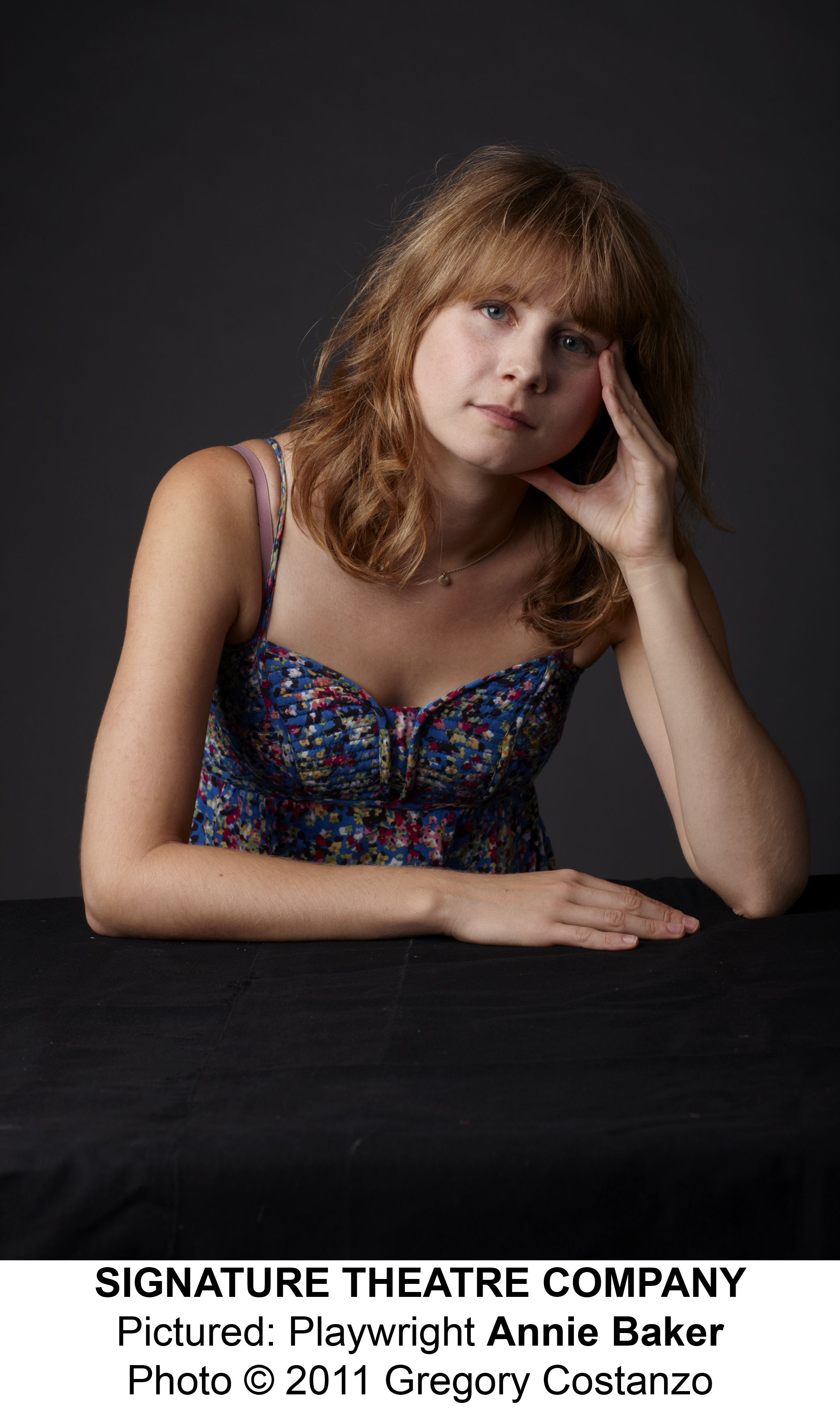Annie Baker's 6 favorite books
The lauded playwright recommends works by Thomas Mann, Emily Dickinson, and more

A free daily email with the biggest news stories of the day – and the best features from TheWeek.com
You are now subscribed
Your newsletter sign-up was successful
The Magic Mountain by Thomas Mann (Vintage, $19). The beginning of Mann's 1924 novel has one of my favorite lines of all time: "Only thoroughness can be truly entertaining." This book also made me excited about playing with time. The first chapter covers an hour, the second chapter covers around a day, and as you keep going time keeps speeding up at an alarming rate. By the end of the book, years are flying by.
The Varieties of Religious Experience by William James (Dover, $10). This book consists of a series of lectures delivered in 1901 and '02. James skips over all the absurd "Is there a God or isn't there?" debates — there's no attempt to legitimize or delegitimize religious belief — and just delves into conversion narratives and saintliness and mysticism and how we think/feel/experience what he calls "the reality of the unseen."
Watt by Samuel Beckett (Grove, $15). The funniest and saddest novel ever written. The passage in which Watt contemplates the word "pot" is one of my favorite in world literature.
The Week
Escape your echo chamber. Get the facts behind the news, plus analysis from multiple perspectives.

Sign up for The Week's Free Newsletters
From our morning news briefing to a weekly Good News Newsletter, get the best of The Week delivered directly to your inbox.
From our morning news briefing to a weekly Good News Newsletter, get the best of The Week delivered directly to your inbox.
To the Lighthouse by Virginia Woolf (Houghton Mifflin Harcourt, $14). Woolf's sentences are so beautiful in this novel that they made me give up writing prose forever. She can articulate a train of thought and the poetry of thinking better than anyone else.
The Steppe and Other Stories by Anton Chekhov (Oxford, $14). The Steppe, a novella, may be the longest story Chekhov wrote. It follows a little boy who's on a wagon journey across southern Russia with a priest and a merchant. It's my favorite story written from a child's perspective, and it takes a weird detour when the characters visit a bunch of eccentric Jewish innkeepers. My ancestors were Jewish innkeepers in southern Russia. I like to think that they bumped into the young Chekhov at some point and weirded him out.
The Poems of Emily Dickinson (Belknap, $24.50). I think she's still the best American poet. Just mind-blowing. And a fellow lady writer from Amherst, Massachusetts.
—Playwright Annie Baker has won both an Obie Award and a Pulitzer Prize.
A free daily email with the biggest news stories of the day – and the best features from TheWeek.com
-
 Political cartoons for February 18
Political cartoons for February 18Cartoons Wednesday’s political cartoons include the DOW, human replacement, and more
-
 The best music tours to book in 2026
The best music tours to book in 2026The Week Recommends Must-see live shows to catch this year from Lily Allen to Florence + The Machine
-
 Gisèle Pelicot’s ‘extraordinarily courageous’ memoir is a ‘compelling’ read
Gisèle Pelicot’s ‘extraordinarily courageous’ memoir is a ‘compelling’ readIn the Spotlight A Hymn to Life is a ‘riveting’ account of Pelicot’s ordeal and a ‘rousing feminist manifesto’